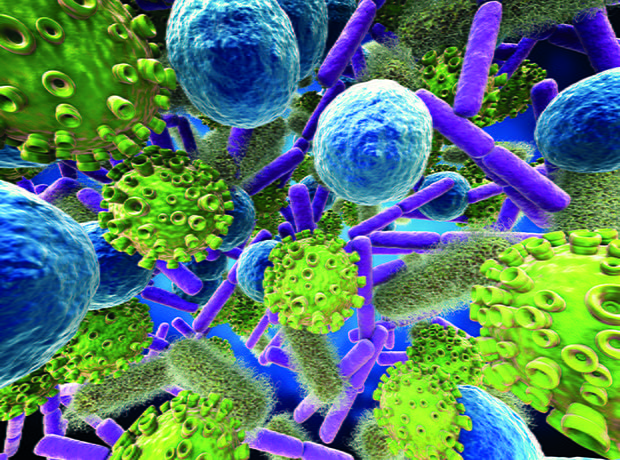Gut Microbiome is the Name Given to the Bacteria, Viruses, and Fungi Living in Your Gut.

A balanced diversity of these microbes is beneficial to your health, helping your body perform its many functions and maintain optimal well-being.
Gut microbiome starts to develop the moment you are born, however, over time your gut microbiome experiences major changes, and various environmental factors are responsible for that. One of which – the biggest one – is your diet.
Logically, all the foods that you eat go through your gut, which is the system that distributes to the rest of the body what it needs and filters out and eliminates the rest. In this article, we’ll talk about how your diet affects your gut microbiome.
Diet Determines What Lives In Your Gut
Each individual has a unique gut microbiome, and the type of diet you choose determines what kinds of microbes thrive in your gut. For instance, studies have shown that those whose diets are mainly plant-based have more anti-inflammatory bacteria in their gut. This means that their gut microbiome can better combat harmful inflammation that could otherwise lead to diseases.
Studies have also shown that diet can change the type of microbes in your gut in as quickly as 24 hours. However, to make a lasting change, you must eat a healthy diet consistently. Otherwise, your gut microbiome would return to the flora that is supported by the prevailing diet.
Diet Helps Maintain Proper Gut Microbiome Functions
The food that you eat feeds the bacteria that are thriving in your gut. So, your diet has an essential role in keeping the diversity of the gut microbiome so that it will function properly. For this reason, it is best to have a varied and balanced diet to promote a healthy gut microbiome. It is also best to keep your diet diverse, instead of routine or predictable, because it helps to keep the gut microbiome diverse as well.
Foods You Must Include In Your Diet For A Healthy Gut Microbiome
Having said that your diet is responsible for keeping a healthy gut microbiome, let’s get into the types of foods that you must include in a balanced diet.
Prebiotics
Prebiotics is one of the main diet elements that are widely studied when it comes to gut health. Prebiotics refers to food ingredients that are indigestible and are essential to the growth of certain species of bacteria in the gut. Prebiotics can be found in vegetables, fruits, and cereals. Some of these that you can include in your diet are garlic, asparagus, leeks, bananas, apples, and almonds.
Probiotics
Probiotics are live microorganisms, which can help restore the balance of bacteria in the gut. Probiotics are especially recommended when you experience infections, are taking antibiotics, have been eating poor diets, and are experiencing lots of stress. Probiotics can be found in yogurts, fermented milk, and supplements.
Fiber
You’ve probably heard many times already that you must eat fiber-rich foods for your gut health. Fibers help keep your digestive health in shape by keeping your bowel movements regular and keeping your colon cells healthy. Otherwise, you may experience constipation, hemorrhoids, diarrhea, bloating, or gas. Oats, fruits, legumes, vegetables, wheat, and seeds are rich in fiber. Just remember not to eat too much fiber because it could have adverse effects.
Fermented
While there is still little scientific evidence, fermented foods are said to be good for gut health as well. Fermented foods, such as kombucha and Korean kimchi, can help increase the diversity of bacteria in the gut. Kefir, yogurt, miso, and sauerkraut are some of the fermented foods that are touted to be good for gut health. Experts, however, warn not to rely on fermented foods alone in keeping your gut healthy.
Your gut is what processes the foods that you eat.
However, it can only do its needed tasks in accordance with how well you feed it, so it is essential to keep your diet healthy and balanced. Too much processed and artificially-sweetened food can destroy the balance of good and bad bacteria. A healthy diet with the above inclusions will help maintain your gut microbiome in the best condition possible.




